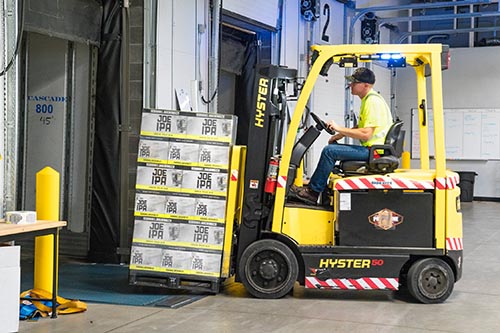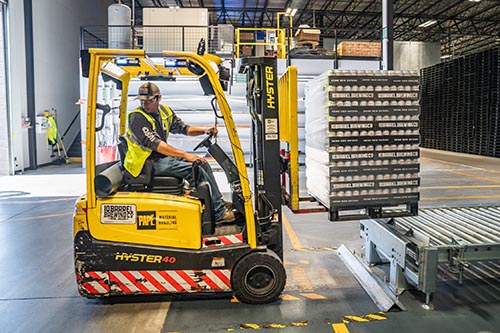+86-591-83859705
Views: 159 Author: Site Editor Publish Time: 2020-11-19 Origin: Site
In almost any industry, the quality of the materials used can often determine the success or failure of the result. It plays a more important role in the construction that may cause serious consequences. The research and development process usually includes various material testing applications to ensure that the final product meets quality and safety standards.

Material testing can measure the properties and behavior of metals, masonry, concrete, or asphalt under various conditions. The most obvious reason for testing is to ensure that the final product will function as expected and can withstand the pressure of that function (the concrete foundation will support the weight of the two-story building). The reasons for testing include safety, economy, and of course only to ensure that the material is suitable for its intended purpose.
Material testing involves various applications for checking composition, physical structure, and chemical properties. Although the specific tests vary from industry to industry, common tests include specific gravity (also called relative density), unit weight test, density determination, compressive strength, flexural strength, tensile strength, elasticity, permeability, thermal expansion, and drying shrinkage and heat capacity.
The high precision digital scale and high precision digital scale can be used to determine the specific gravity of cured samples, such as concrete or asphalt. Specific gravity is the ratio of the density of a substance to the density of a liquid, such as water (if the sample substance is liquid or solid) or air (for gas).
For field use, portable electronic scales and electronic portable weight scales are equally effective when used together, and it also has the additional advantage of a built-in rechargeable battery, which is easy to carry and use on-site.

Concrete, a composite material, which means it consists of several different components, is the main example of the product. Its quality largely depends on material testing. On the one hand, fine aggregates (such as sand) and coarse aggregates (gravel or crushed stone) as well as water, cement, and air make up most of the concrete. On the other hand, the combination and type of aggregates determine the density or hardness of concrete.
The ratio of water to solid content is critical. If there is not enough water, the concrete will become too sticky to be poured. Conversely, too much water will form voids when the water evaporates and weaken the structural integrity of the concrete.
Using electronic analytical balances or analytical digital balances to test specific gravity is a way to ensure the reliability of concrete withstanding weight without cracking or breaking.
Another common structural test involves the density of materials such as fresh concrete, which can measure the weight of the material required to fill a unit volume. Density is expressed as the weight (in pounds) of the material per volume (cubic feet or cubic yards): pounds per cubic foot (lb/ft3) or pounds per cubic yard (lb/yd3).
Digital electronic balances have become an indispensable device in building material testing. Electronic precision balances can not only be used in the construction industry, but also plays an important role in other industries that require weighing.